Home>Garden Essentials>How Many Apple Seeds Can A Dog Eat
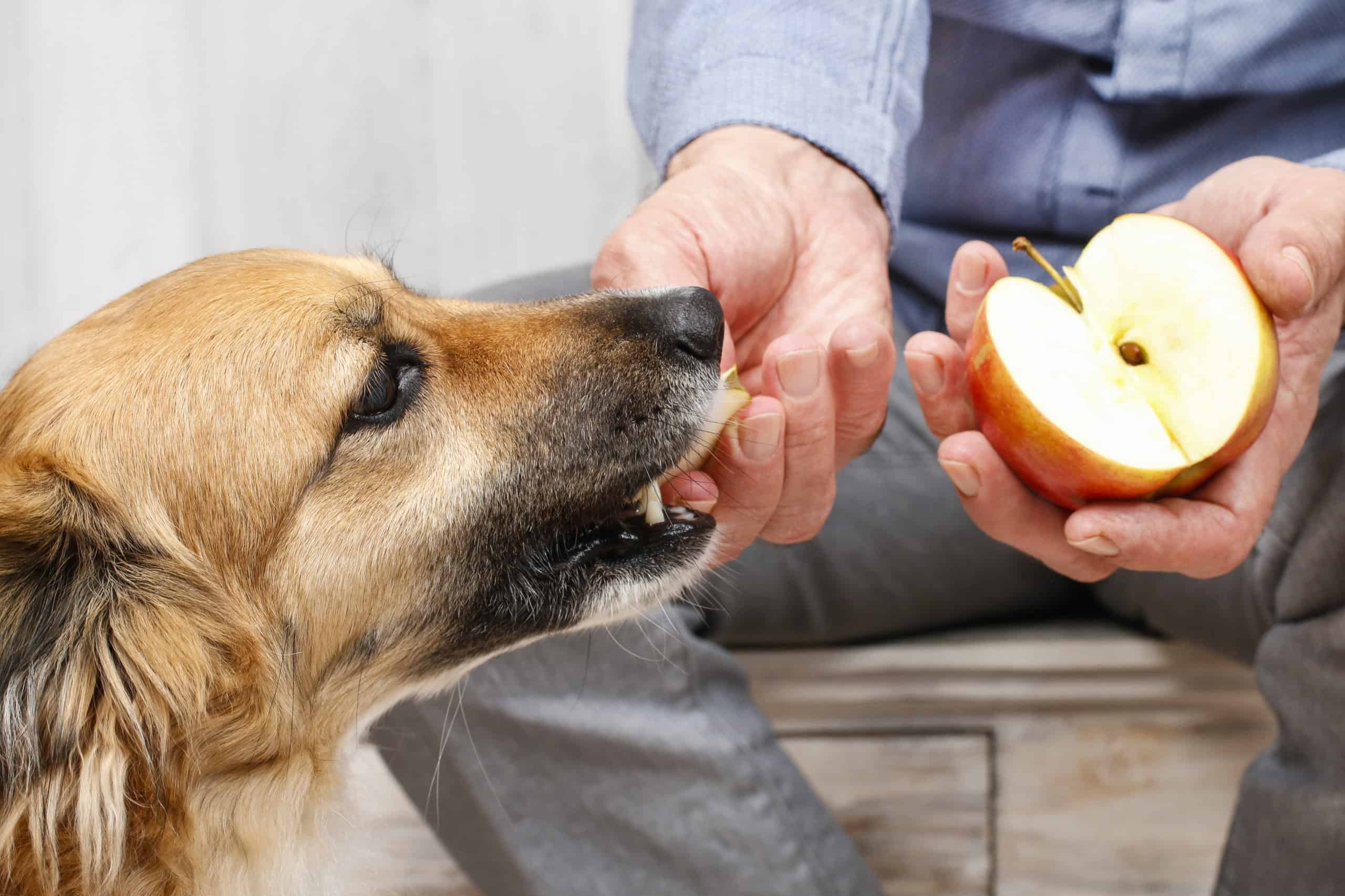

Garden Essentials
How Many Apple Seeds Can A Dog Eat
Modified: February 25, 2024
Learn how to keep your dog safe in the garden and prevent them from eating apple seeds. Find out the risks and how to protect your furry friend.
(Many of the links in this article redirect to a specific reviewed product. Your purchase of these products through affiliate links helps to generate commission for Storables.com, at no extra cost. Learn more)
**
Introduction
**
Hey there, fellow garden enthusiasts and devoted pet parents! Today, we're delving into the intriguing world of apple seeds and their potential impact on our furry companions. As we cherish the crisp sweetness of apples and revel in the joy of sharing this delectable fruit with our canine friends, it's crucial to explore the often overlooked aspect of apple seeds and their safety for our beloved pets.
In this comprehensive guide, we'll navigate through the potential risks associated with apple seeds, shed light on the safety measures for our canine companions, and equip ourselves with the knowledge to ensure the well-being of our four-legged friends. So, let's embark on this enlightening journey and uncover the truths behind the age-old question: "How many apple seeds can a dog eat?"
Shall we dive in and explore the fascinating world of apples and their impact on our furry friends? Let's get started!
**
Key Takeaways:
- Apple seeds contain cyanide, posing a low risk to large dogs but a higher risk to small breeds. Prevent access to seeds and seek vet help if ingestion occurs.
- If your dog eats apple seeds, monitor for symptoms, contact a vet, and prevent future access to seeds. Responsible pet care ensures a safe environment.
Read more: What Happens If Dogs Eat Apple Seeds
Are Apple Seeds Toxic to Dogs?
**
Now, let’s address the pressing question: Are apple seeds toxic to dogs? The simple answer is yes, apple seeds contain a natural compound called amygdalin, which is a form of cyanide. This compound is found in the seeds of many fruits, including apples, and can potentially pose a risk to dogs if consumed in large quantities.
While the tough outer coating of apple seeds protects the amygdalin, the seeds can still release this compound when they are chewed or broken down during digestion. When amygdalin is metabolized by the body, it can release cyanide, which is highly toxic to both humans and animals.
It’s essential to note that the amount of cyanide released from a few apple seeds is unlikely to cause harm to a large dog. However, it’s crucial to be mindful of the potential risks, especially for smaller breeds or if a significant quantity of seeds is ingested.
As responsible pet parents, it’s vital to be aware of the potential dangers associated with apple seeds and take proactive measures to safeguard our furry companions from any potential harm. In the next section, we’ll explore the safe threshold for apple seed consumption by dogs and gain a better understanding of the potential risks involved.
**
How Many Apple Seeds Can a Dog Eat Safely?
**
As we navigate the realm of apple seeds and their impact on our canine friends, it’s crucial to understand the safe threshold for apple seed consumption by dogs. While the amygdalin compound in apple seeds can release cyanide, the risk of toxicity is relatively low if a dog ingests a small number of seeds.
For larger dog breeds, the ingestion of a few apple seeds is unlikely to cause any significant harm. The digestive system of larger dogs can generally process and eliminate small amounts of cyanide without adverse effects. However, it’s important to emphasize that responsible pet care involves preventing access to large quantities of apple seeds, as a precautionary measure.
On the other hand, smaller dog breeds and puppies are more vulnerable to the potential effects of cyanide from apple seeds. As a general guideline, it’s advisable to avoid allowing small dogs to consume apple seeds altogether. This proactive approach helps minimize any potential risks and ensures the well-being of our petite canine companions.
While the toxicity level of apple seeds is relatively low compared to other hazards, it’s always best to err on the side of caution and prioritize the safety of our furry friends. By being mindful of the quantity of apple seeds accessible to our dogs and taking preventive measures, we can create a safe and nurturing environment for our beloved pets.
Now that we’ve gained insight into the safe thresholds for apple seed consumption by dogs, let’s delve into the recommended course of action if your dog happens to ingest apple seeds. In the following section, we’ll explore the steps to take in such a scenario and equip ourselves with the knowledge to address any potential concerns effectively.
**
It’s best to keep apple seeds away from dogs as they contain cyanide, which can be toxic to them. If your dog accidentally eats a few seeds, monitor for symptoms and contact your vet if concerned.
What to Do If Your Dog Eats Apple Seeds
**
If your dog happens to ingest apple seeds, it’s essential to remain calm and take prompt action to ensure their well-being. Here are the recommended steps to follow if you suspect or are aware that your dog has consumed apple seeds:
- Assess the Quantity: First and foremost, try to determine the quantity of apple seeds your dog has ingested. If it’s a small number of seeds, the risk of toxicity is relatively low, especially for larger dog breeds. However, if a significant quantity has been consumed, or if your dog is a small breed or a puppy, it’s crucial to be vigilant and proactive.
- Monitor for Symptoms: Keep a close eye on your dog for any unusual symptoms or behavior. Signs of cyanide poisoning can include difficulty breathing, dilated pupils, bright red gums, and vomiting. If you observe any of these symptoms or notice any concerning changes in your dog’s health, seek immediate veterinary assistance.
- Contact Your Veterinarian: If you have any concerns about your dog’s well-being after ingesting apple seeds, contact your veterinarian without delay. Provide them with details about the quantity of seeds consumed and any observed symptoms. Your veterinarian can offer personalized guidance based on your dog’s size, health status, and the potential risks involved.
- Prevent Future Access: As a preventive measure, ensure that apple seeds and other potentially hazardous substances are kept out of your dog’s reach. By creating a safe environment and minimizing access to harmful items, you can reduce the likelihood of accidental ingestion.
- Seek Professional Advice: In cases of uncertainty or if you have any questions about the potential risks associated with apple seeds or other food items, consult with a qualified veterinarian. They can provide tailored recommendations and valuable insights to help safeguard your dog’s health and well-being.
By staying vigilant, taking proactive measures, and seeking professional guidance when needed, you can ensure that your dog receives the best possible care and attention. Remember, responsible pet ownership involves being prepared for unexpected situations and prioritizing the safety and happiness of our beloved canine companions.
Now that we’ve explored the essential steps to take if your dog consumes apple seeds, let’s conclude our enlightening journey with a summary of the key insights we’ve uncovered. In the final section, we’ll recap the crucial points and emphasize the importance of informed and attentive pet care.
**
Conclusion
**
As we draw the curtains on our exploration of apple seeds and their impact on our canine companions, we’ve gained valuable insights into the potential risks, safe thresholds, and recommended actions to ensure the well-being of our furry friends.
While apple seeds contain a compound that can release cyanide, the risk of toxicity is relatively low if a dog ingests a small number of seeds. Larger dog breeds can generally process small amounts of cyanide without significant harm, but it’s crucial to prevent access to large quantities of apple seeds, especially for smaller breeds and puppies.
If your dog happens to ingest apple seeds, it’s essential to remain vigilant, monitor for any concerning symptoms, and seek professional guidance if needed. By taking proactive measures and ensuring a safe environment for our pets, we can minimize the potential risks and prioritize their health and happiness.
Remember, responsible pet care involves being informed, attentive, and prepared to address any unexpected situations that may arise. By staying informed about potential hazards and taking proactive steps to prevent them, we can create a nurturing and safe environment for our beloved canine companions.
As we bid adieu to our enlightening journey, let’s carry forward the knowledge we’ve gained and continue to cherish the joy of sharing wholesome moments with our furry friends. Here’s to many more delightful adventures and shared experiences with our beloved pets!
Until next time, may your gardens bloom with beauty, and may your hearts be filled with the boundless love and companionship of your cherished canine friends.
Frequently Asked Questions about How Many Apple Seeds Can A Dog Eat
Was this page helpful?
At Storables.com, we guarantee accurate and reliable information. Our content, validated by Expert Board Contributors, is crafted following stringent Editorial Policies. We're committed to providing you with well-researched, expert-backed insights for all your informational needs.
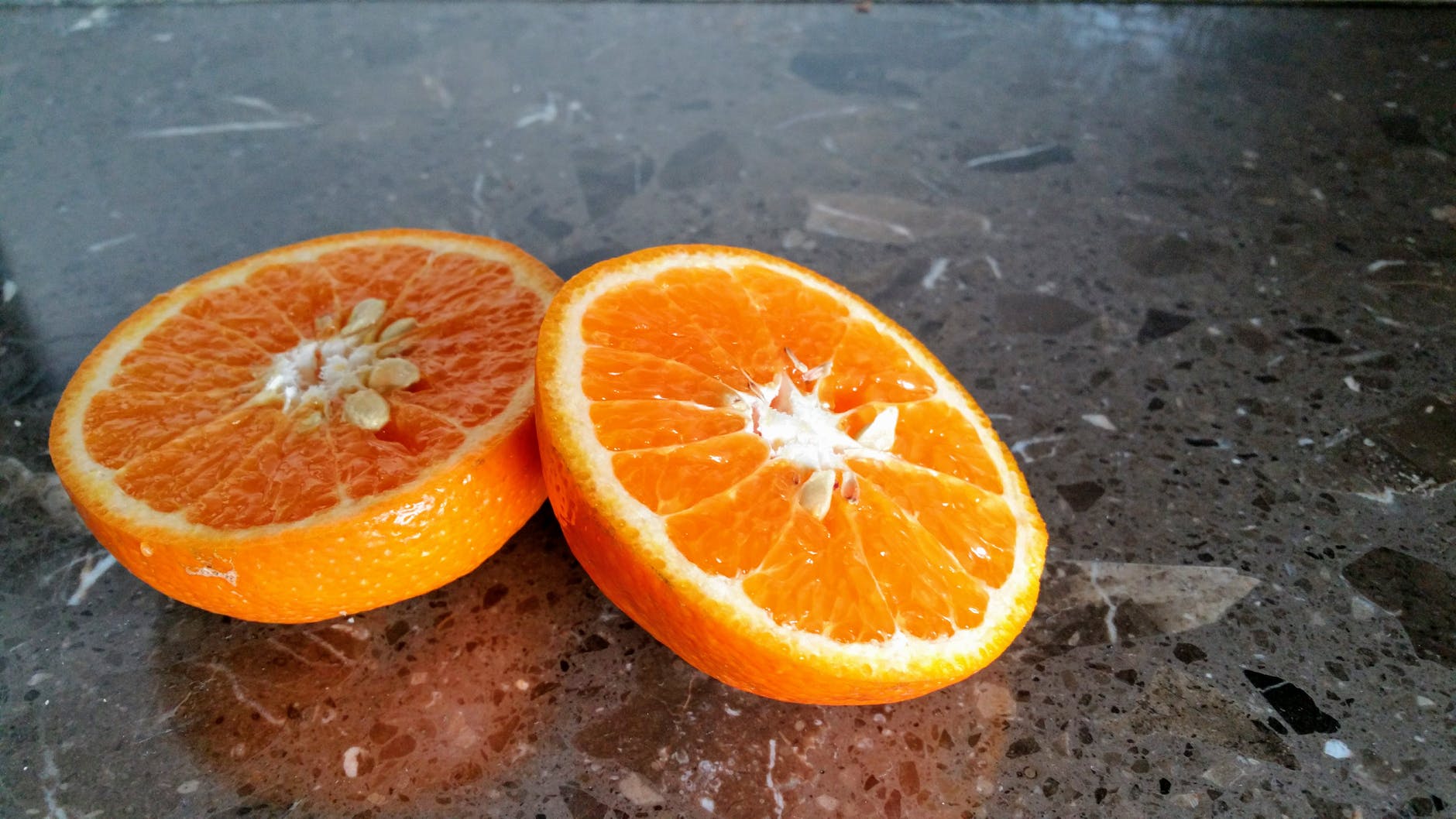
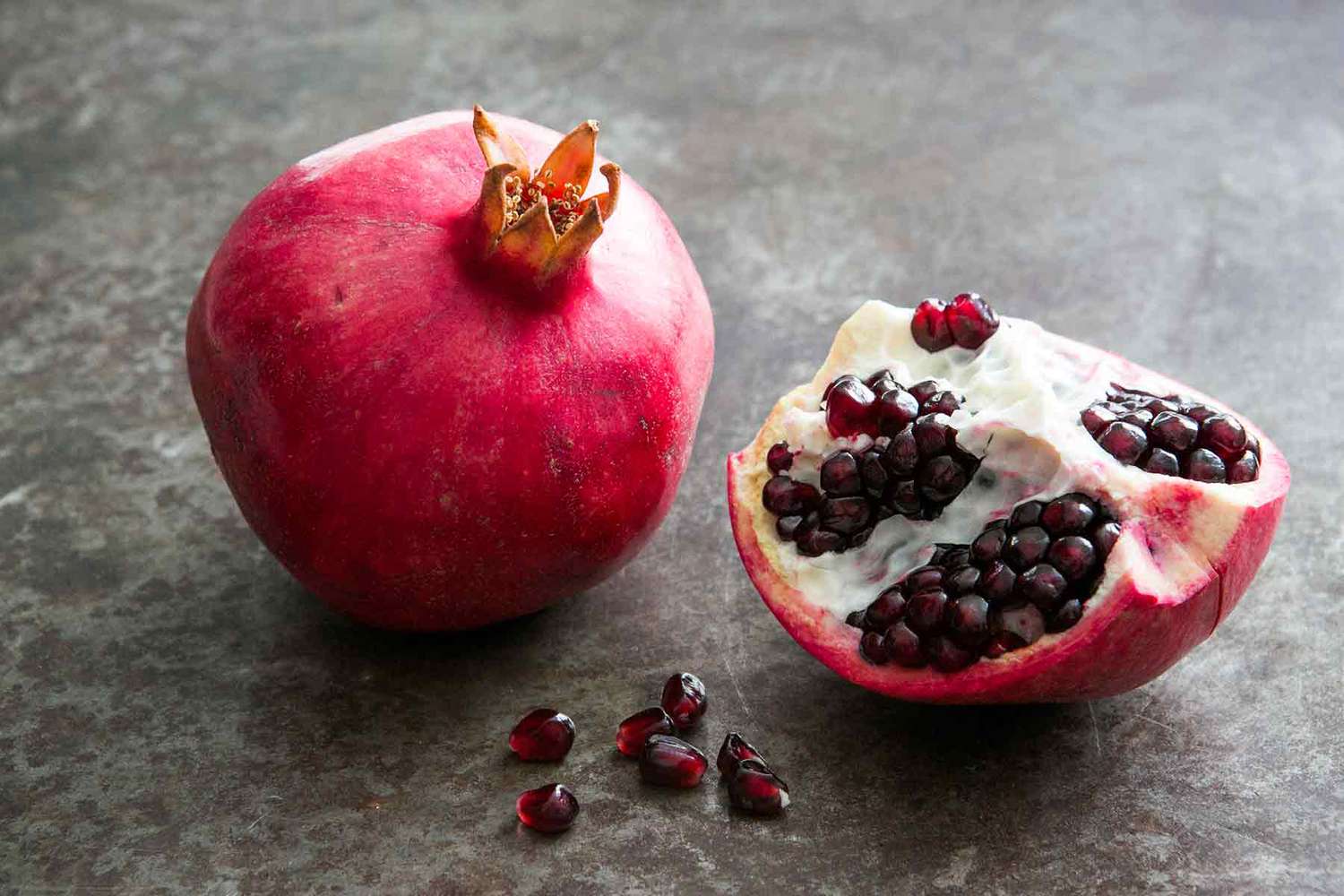
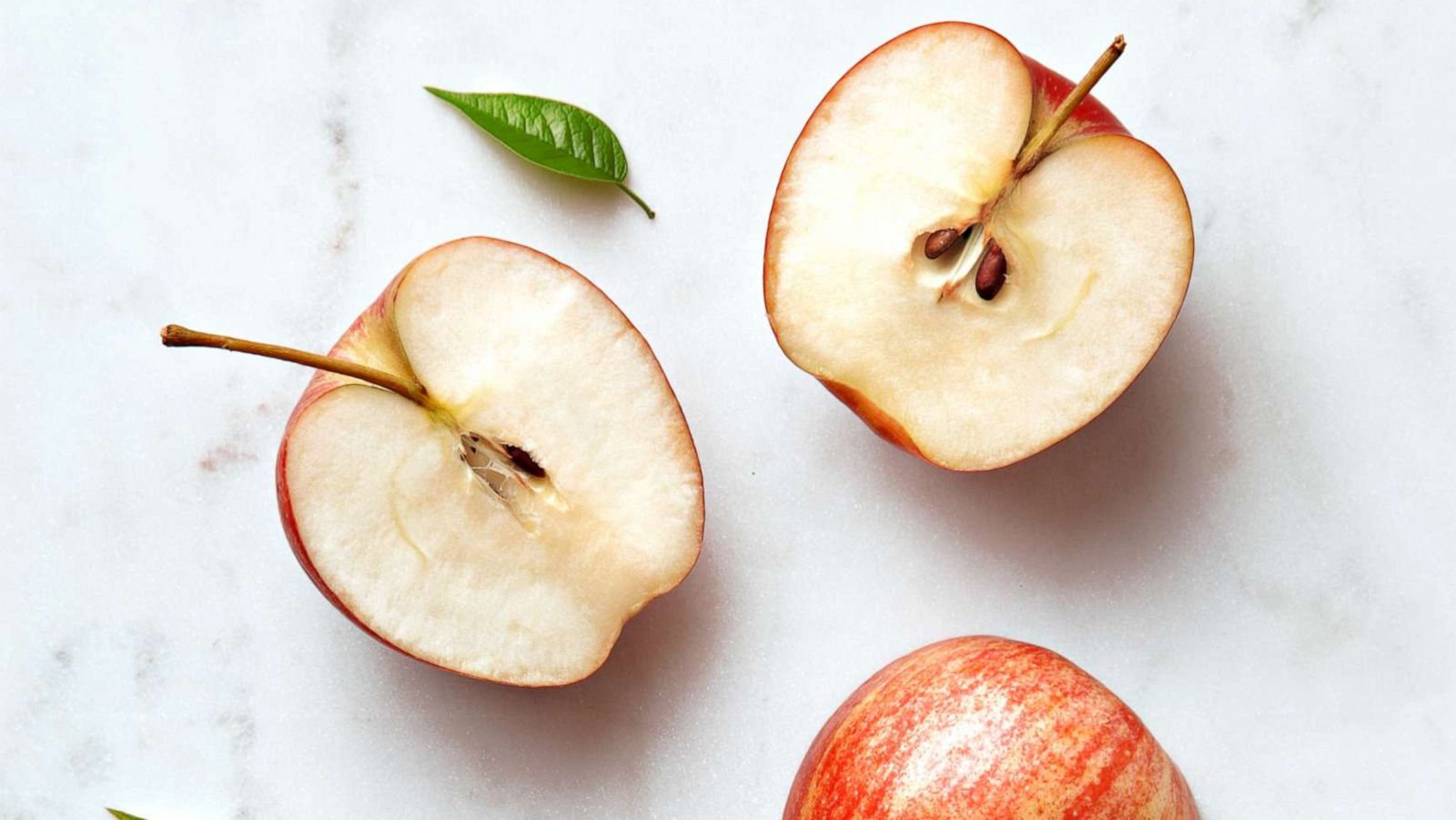
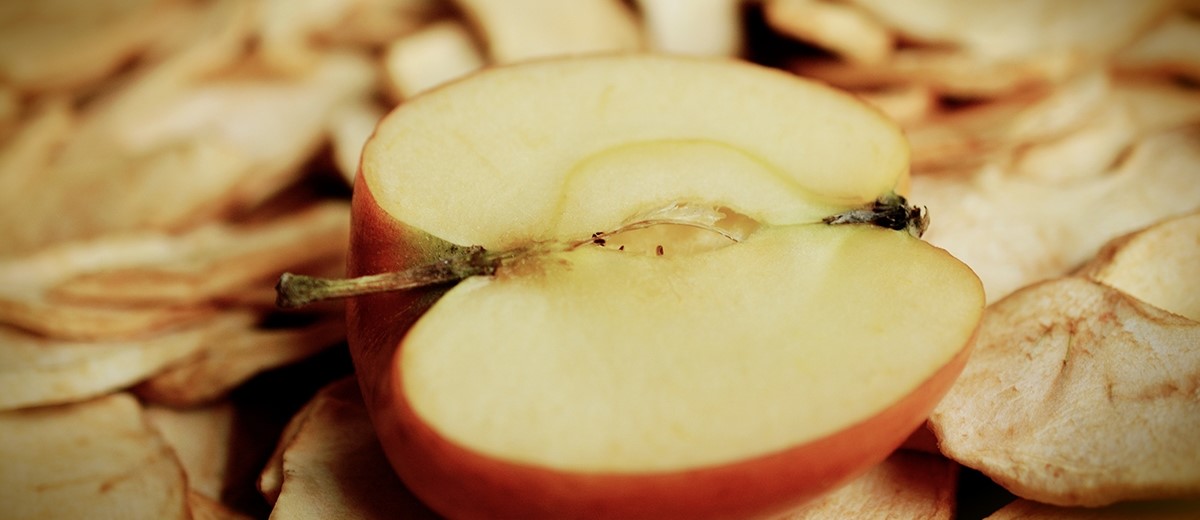
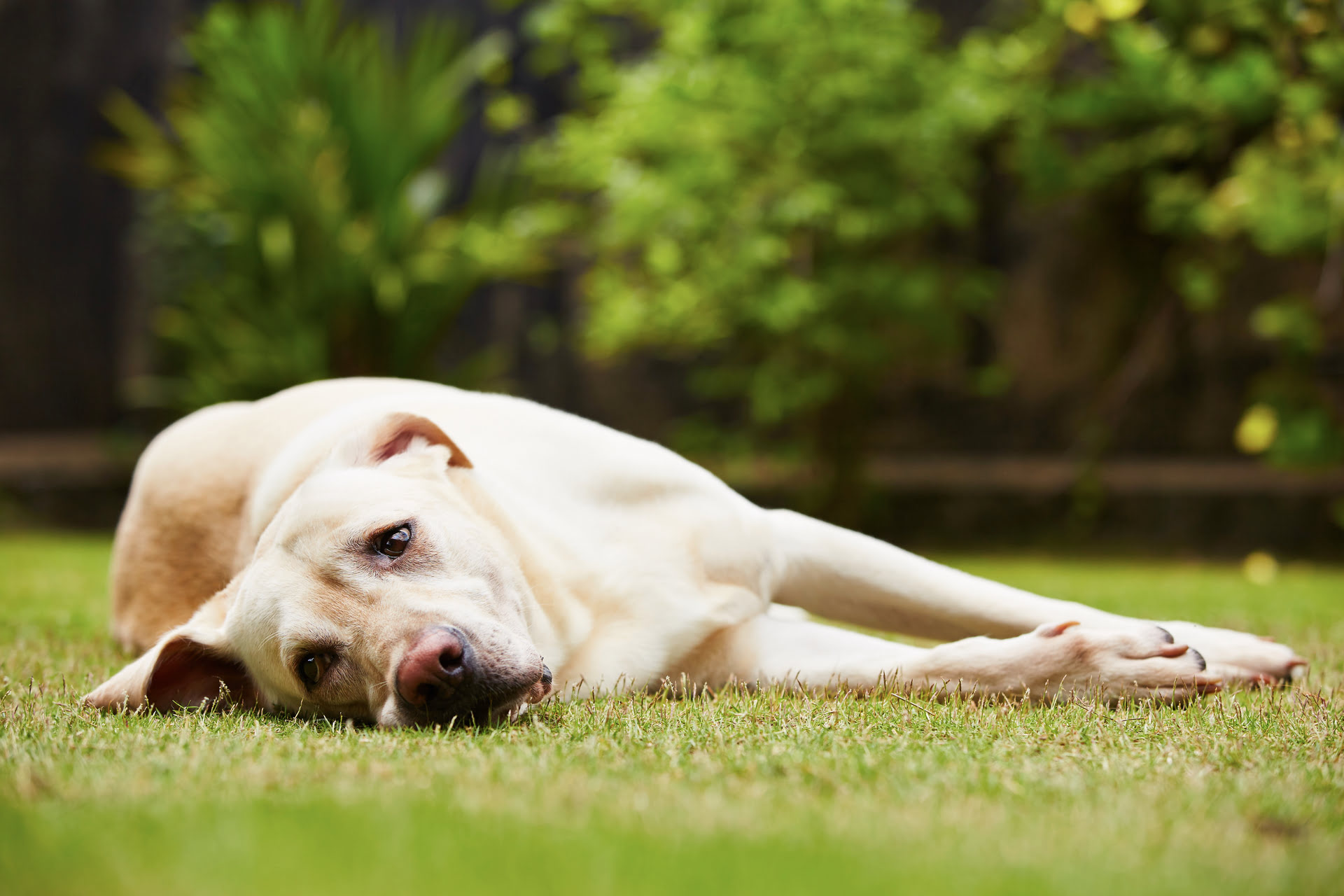
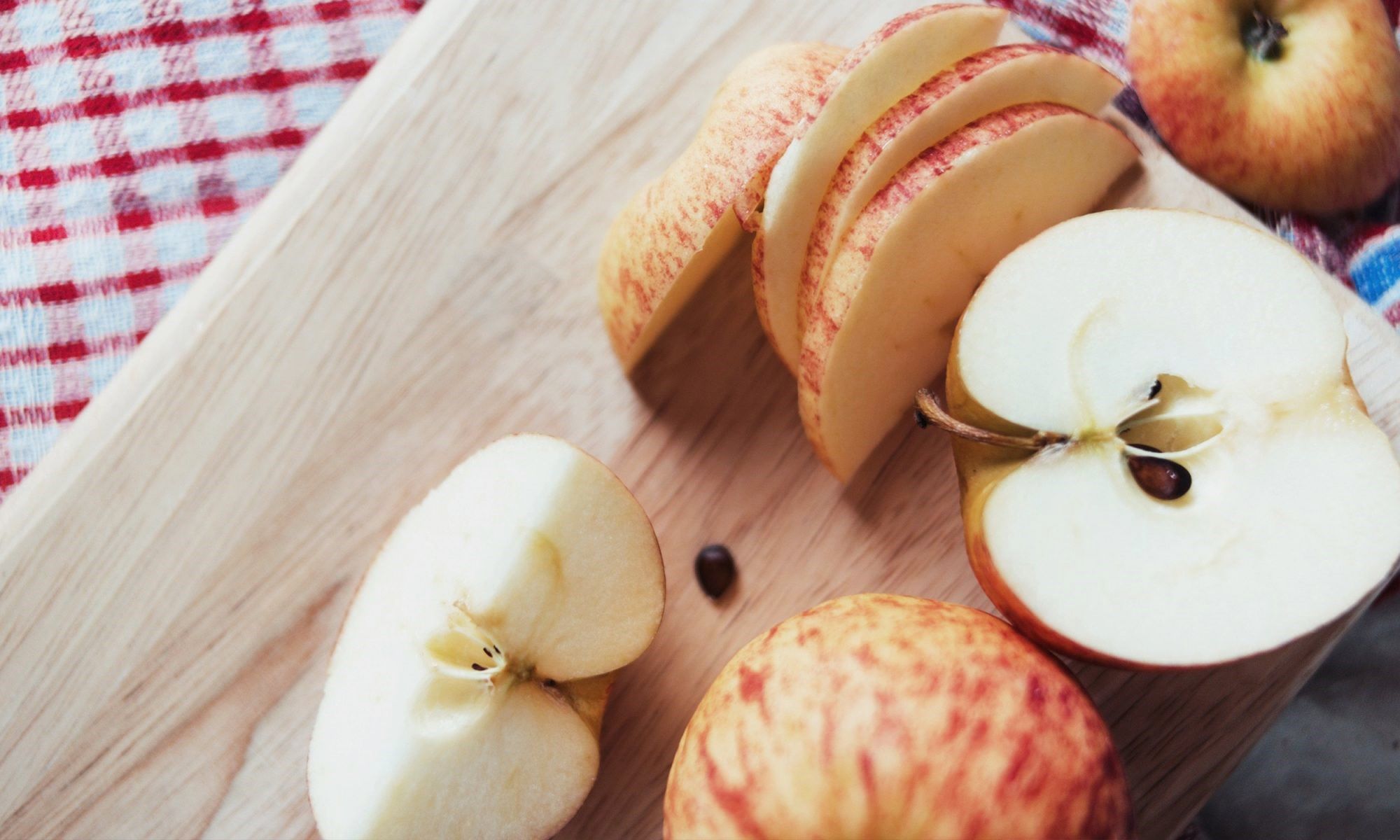
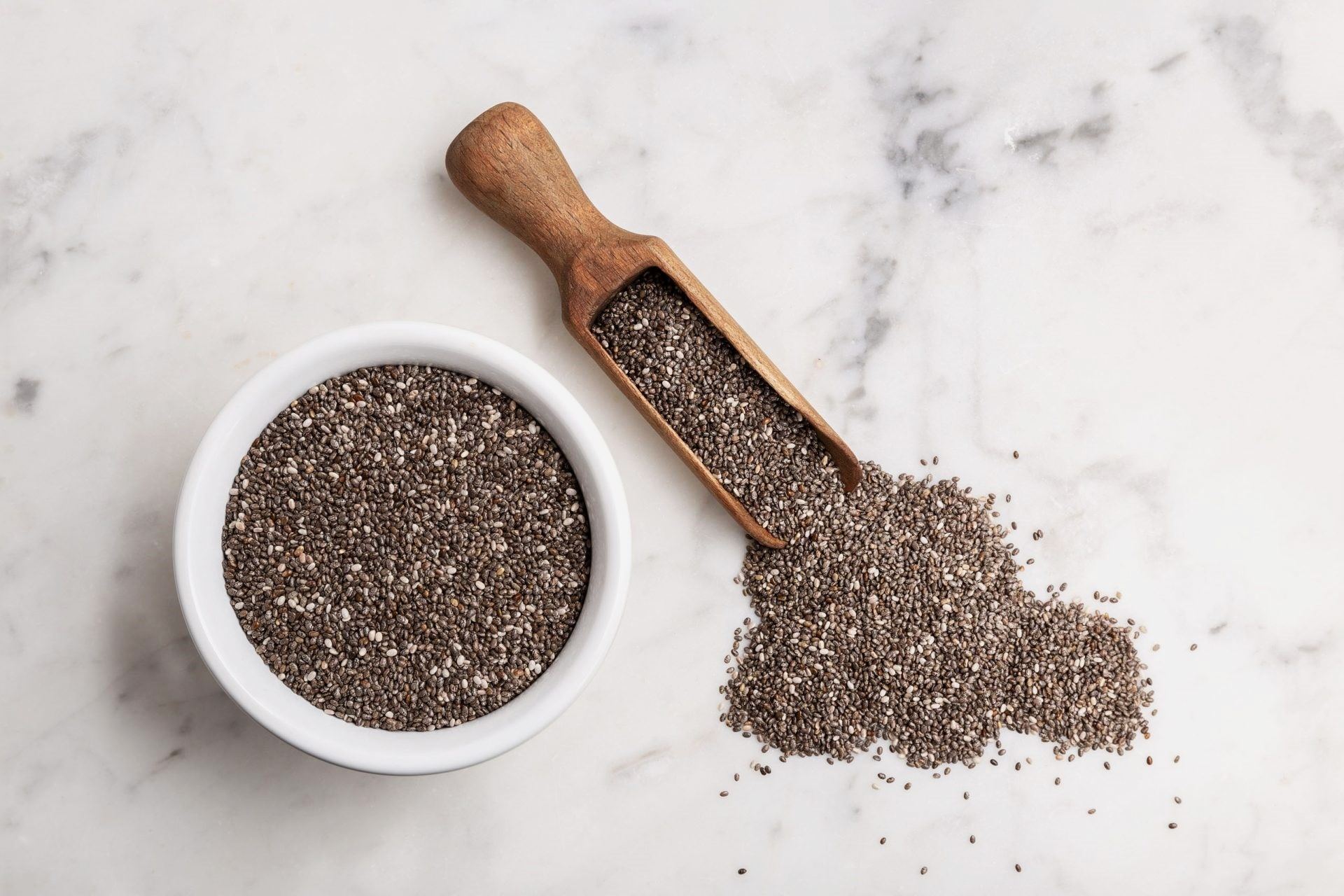
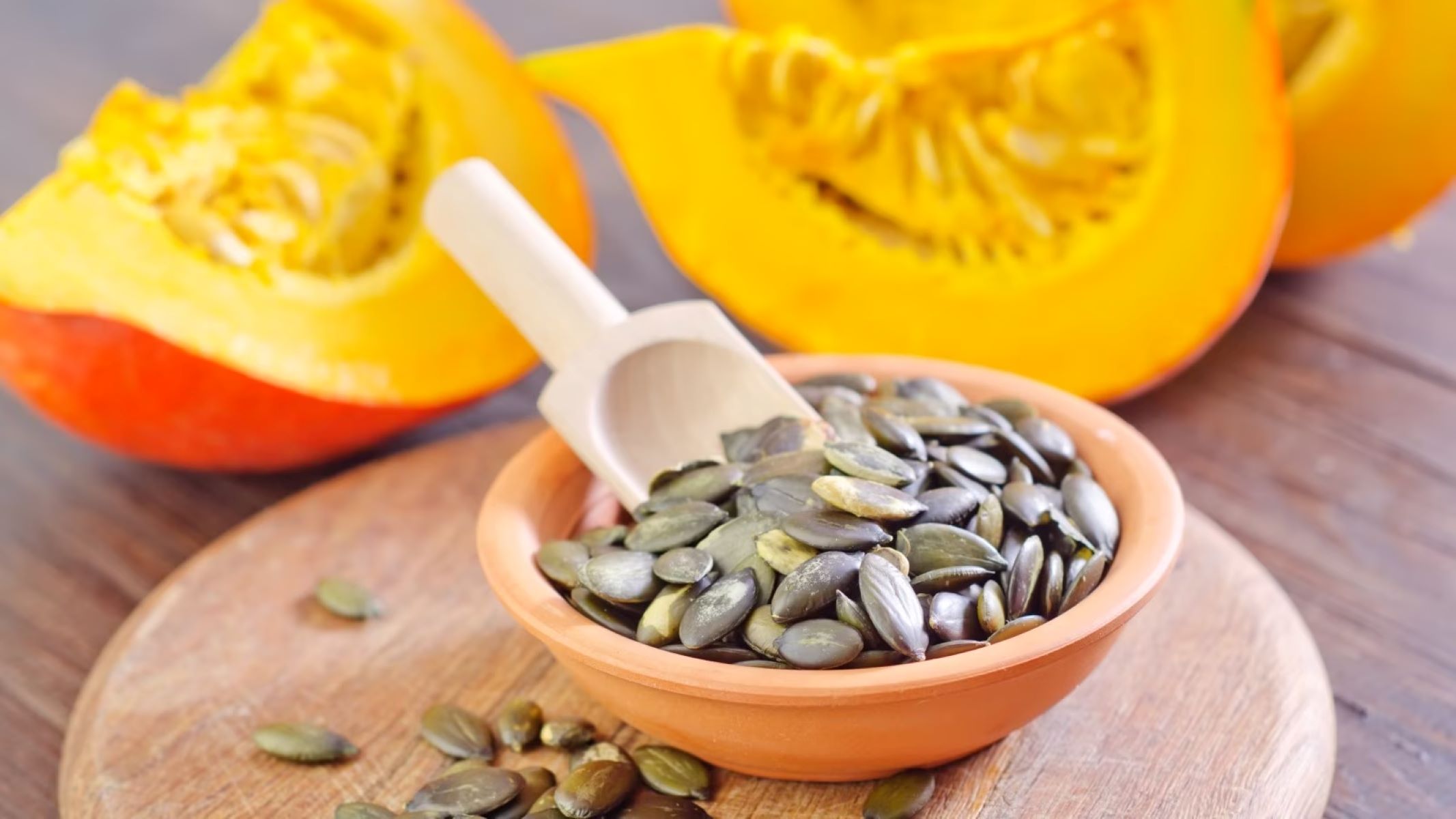
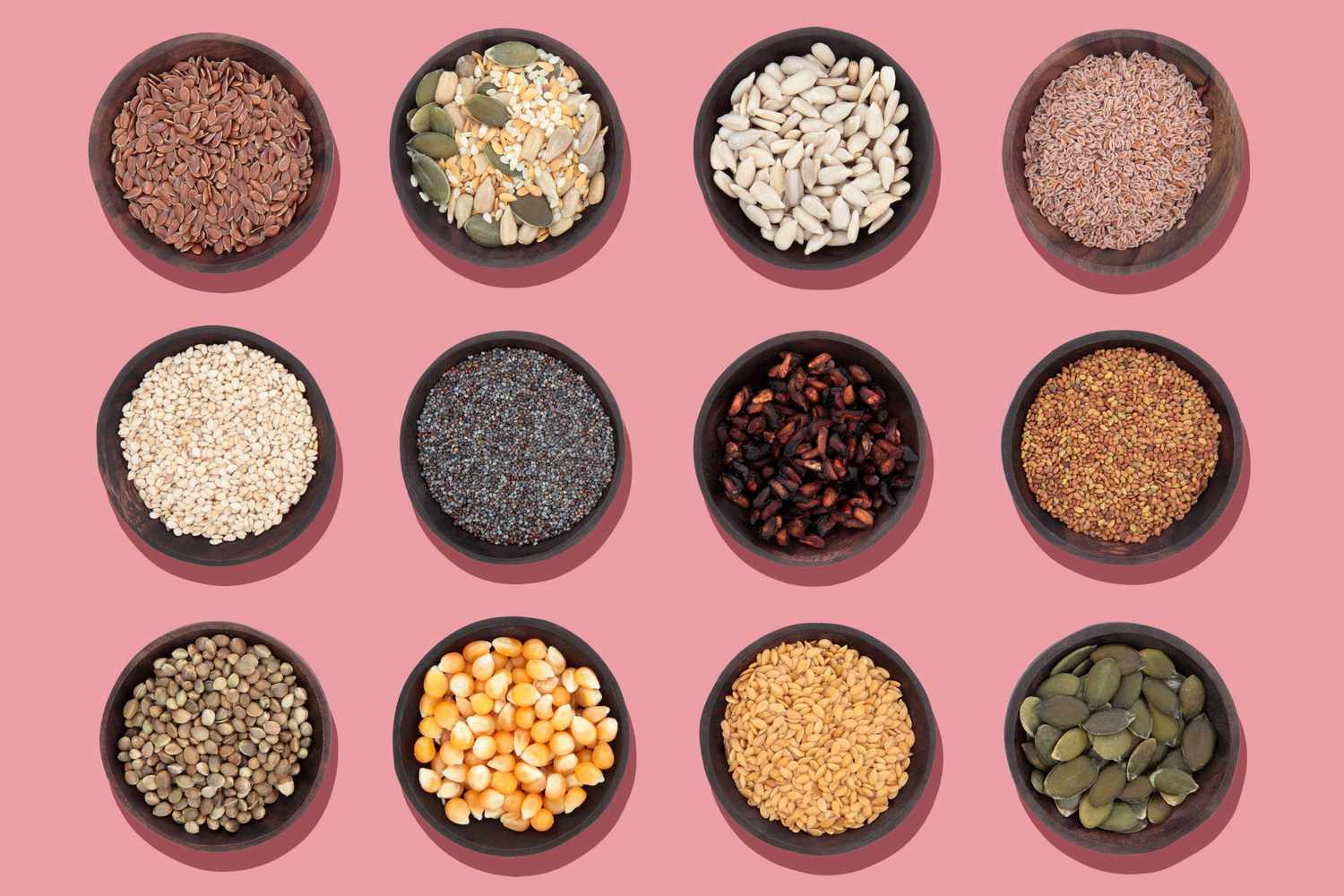
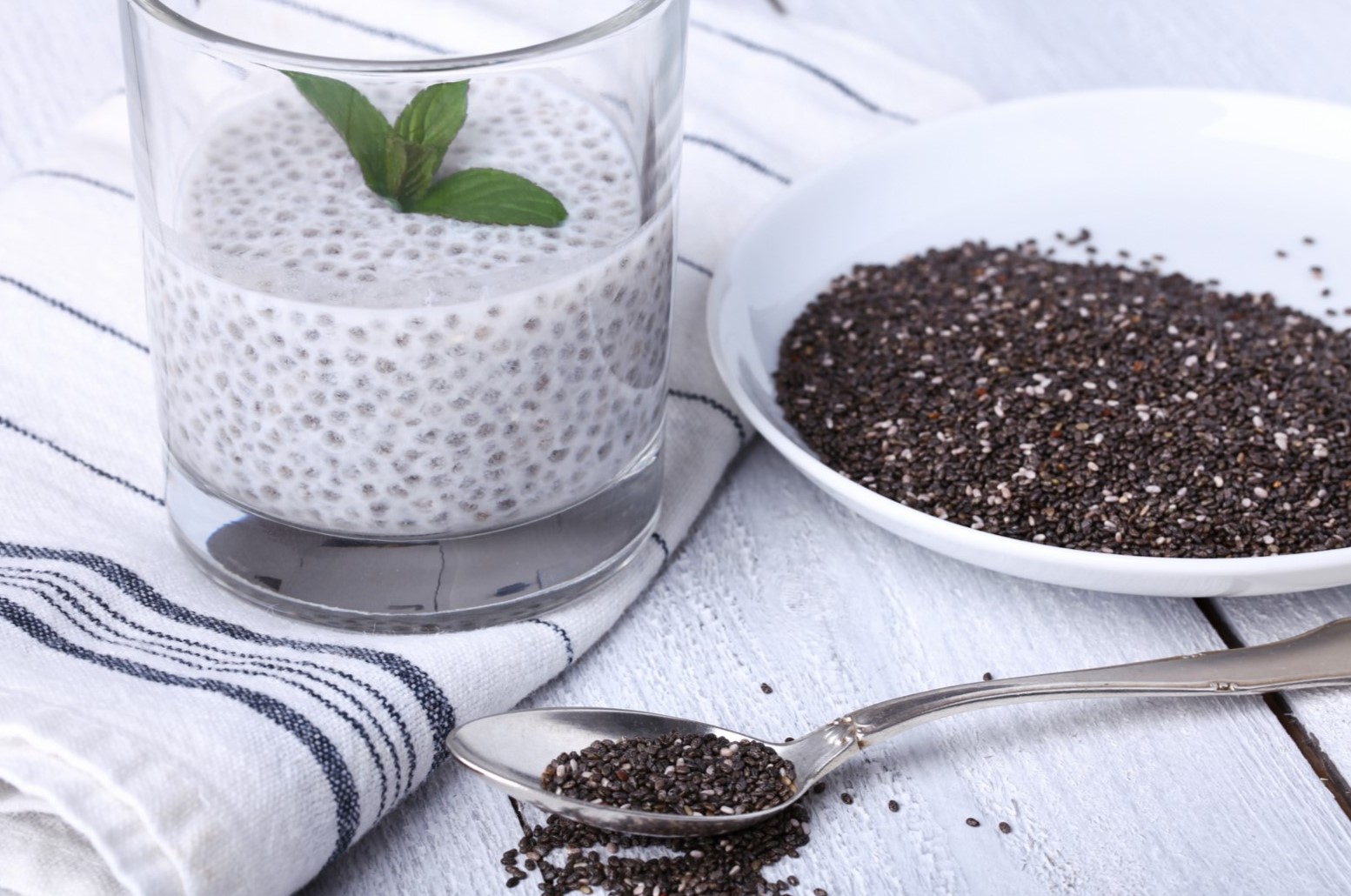
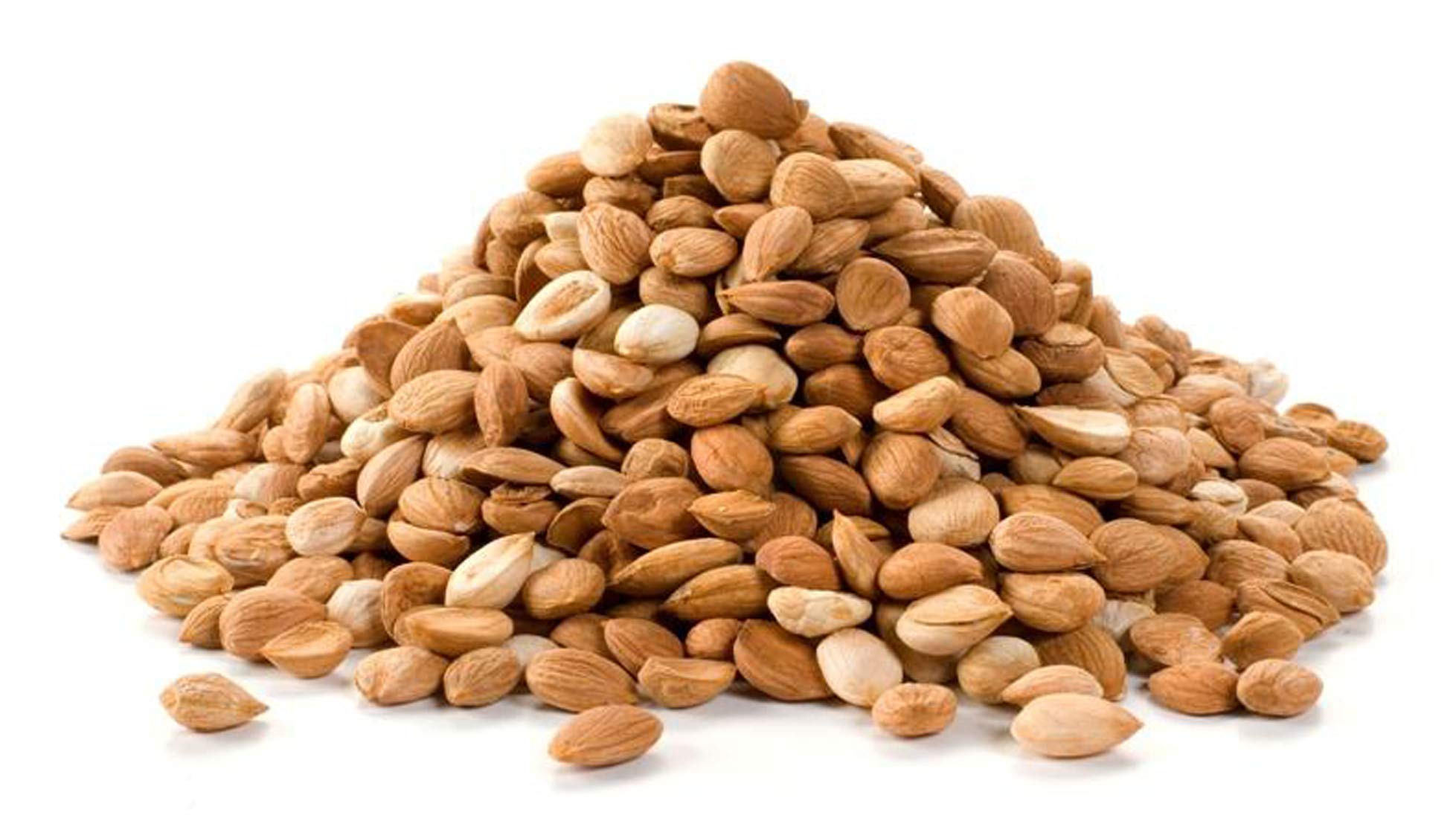
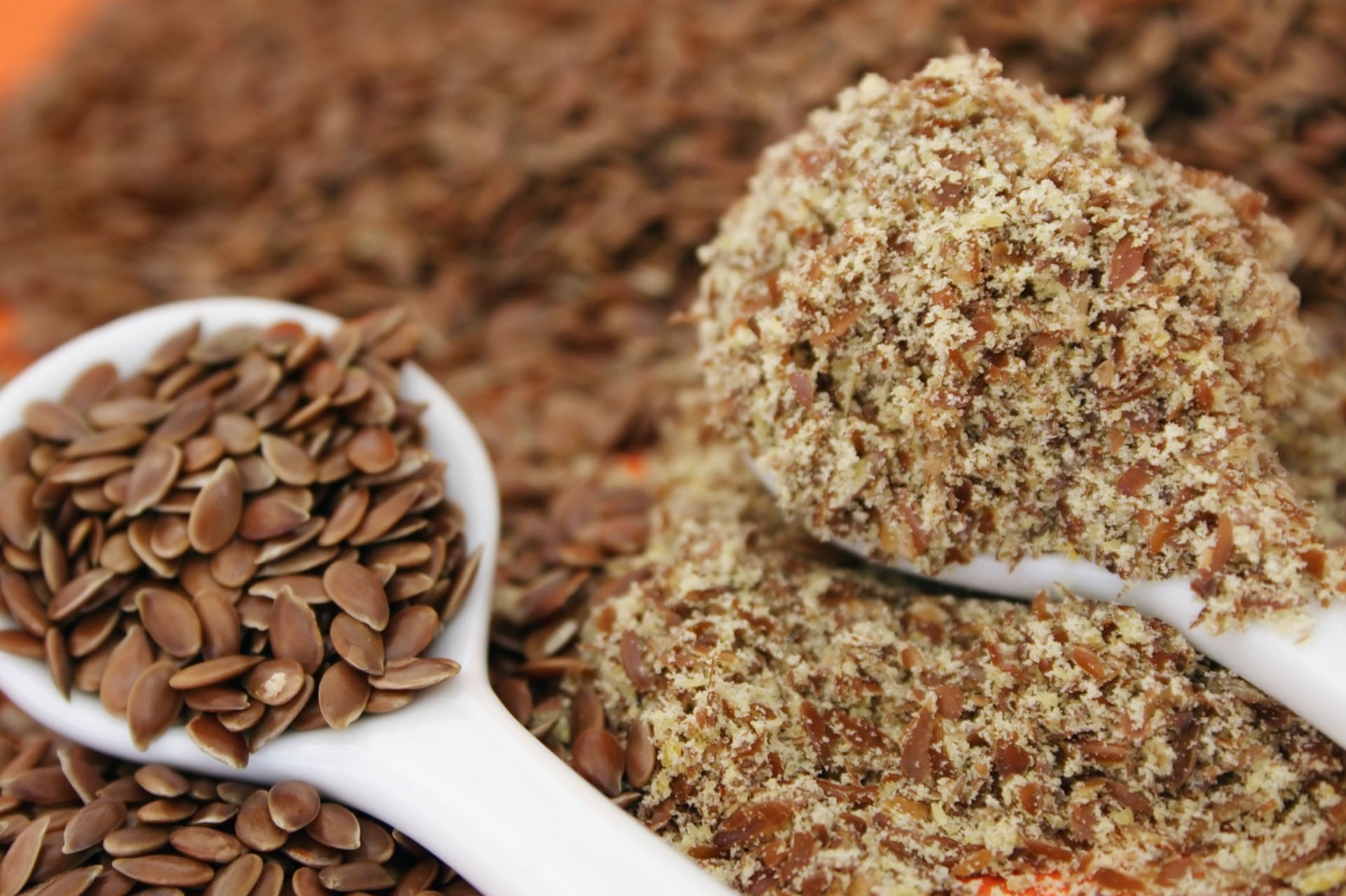
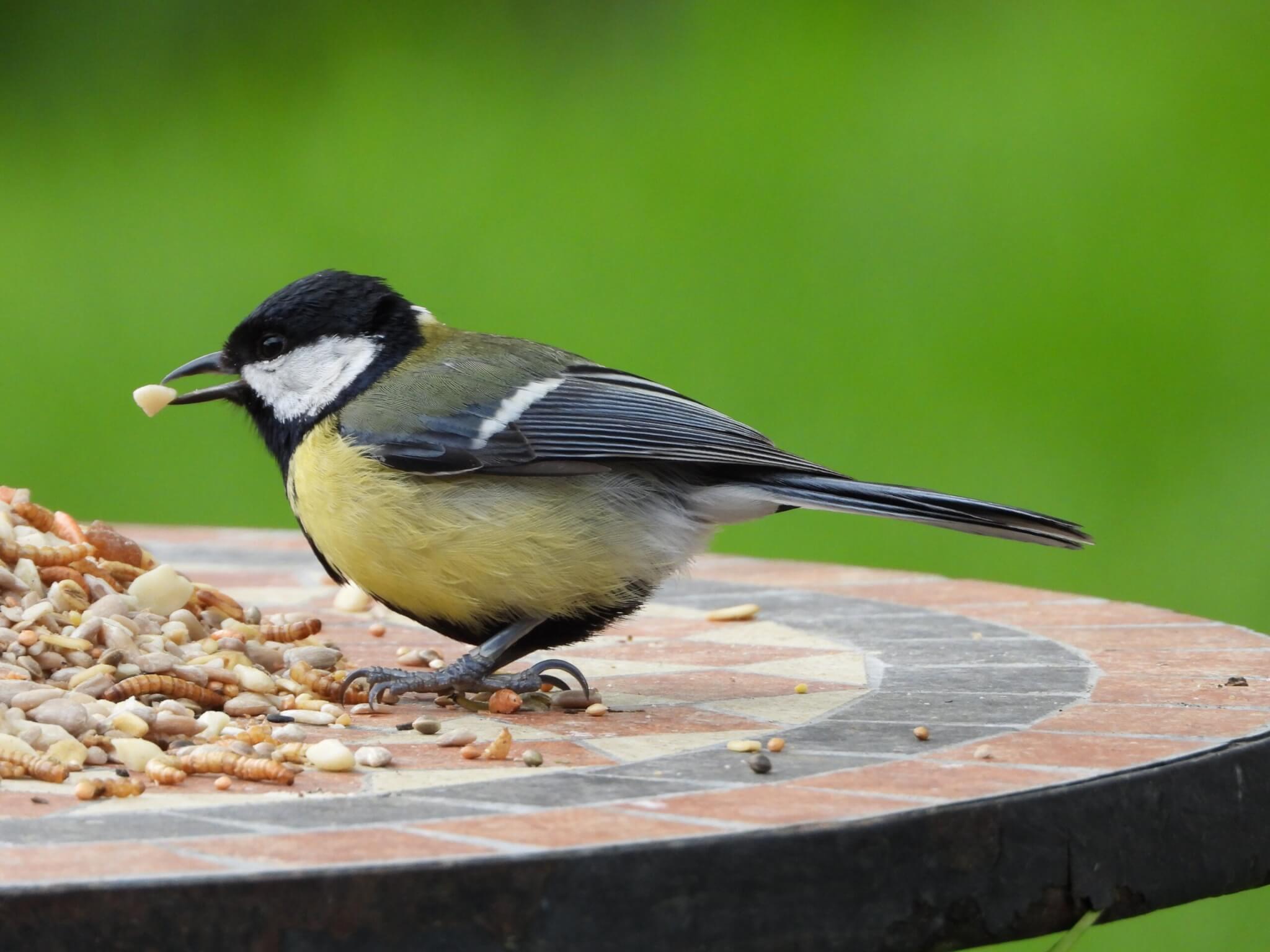
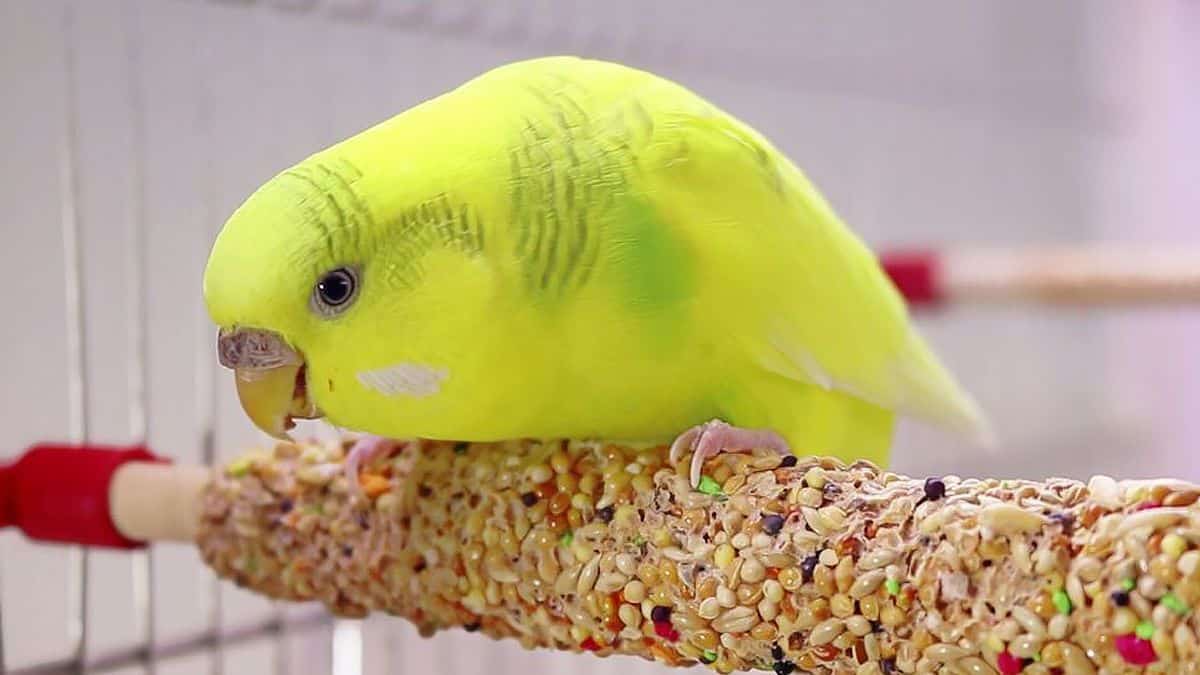
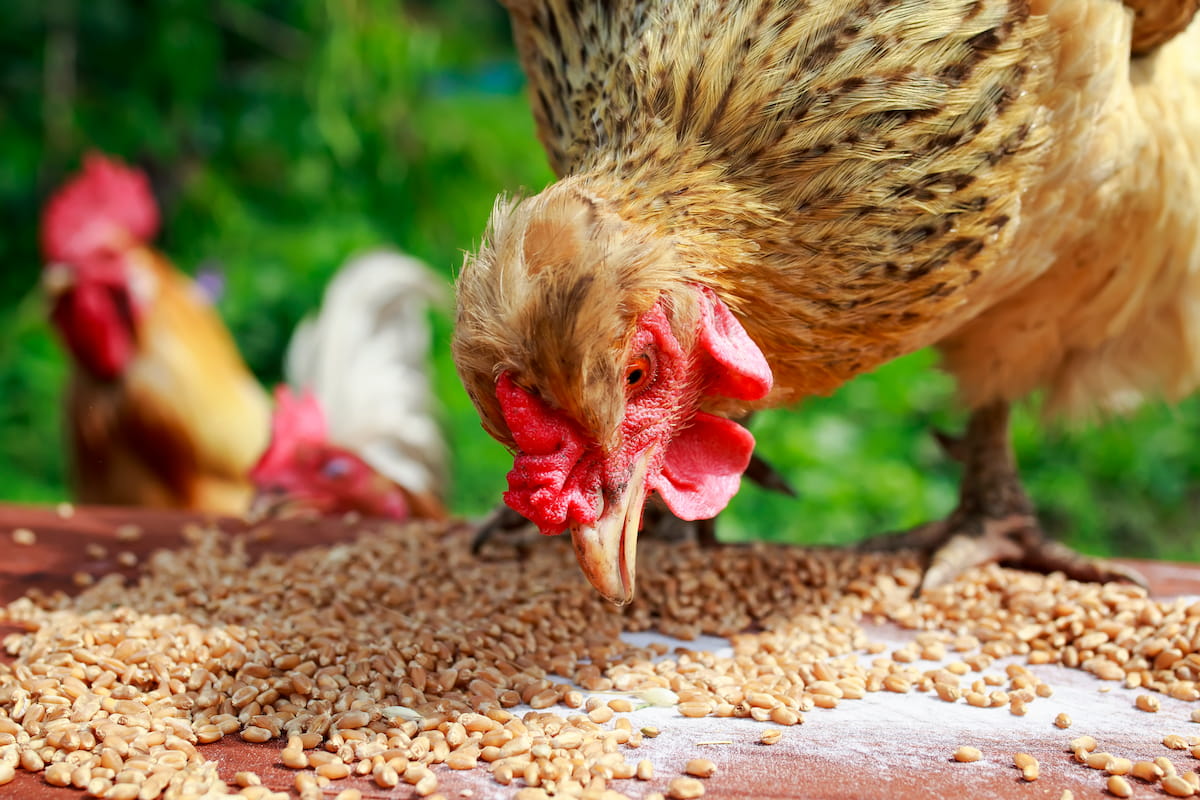

0 thoughts on “How Many Apple Seeds Can A Dog Eat”